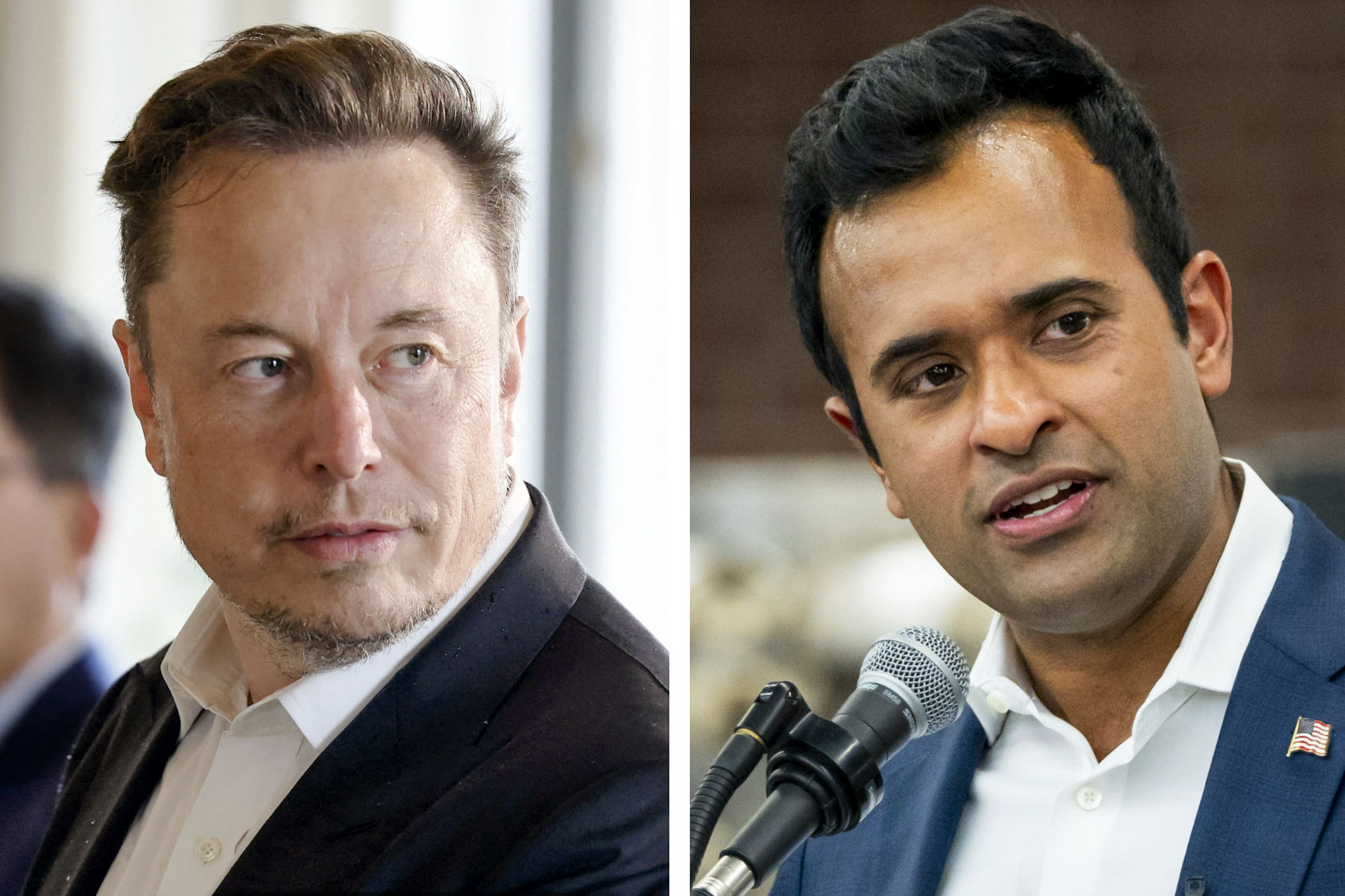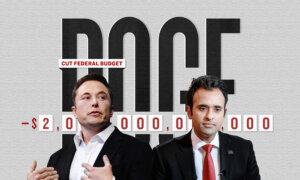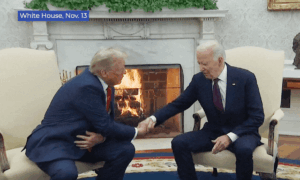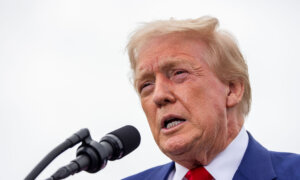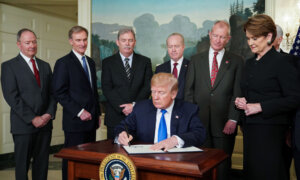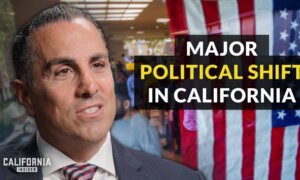SpaceX CEO Elon Musk and former Republican presidential candidate Vivek Ramaswamy co-authored a Nov. 20 op-ed article on the new Department of Government Efficiency (DOGE) that they will lead in the second Trump administration starting next year.
The article appeared in the Wall Street Journal and outlined their ambitious goals for DOGE, which include rolling back government spending, slashing regulations, and removing wasteful federal agencies. President-elect Donald Trump appointed the two billionaires to the project that will act in an advisory capacity to the White House and the U.S. Office of Management and Budget (OMB).
“The entrenched and ever-growing bureaucracy represents an existential threat to our republic, and politicians have abetted it for too long,” Musk and Ramaswamy wrote. “Unlike government commissions or advisory committees, we won’t just write reports or cut ribbons. We’ll cut costs.”
The two said they would assist the Trump transition team in hiring a “lean team of small-government crusaders” who will work closely with the OMB to cut costs and rein in government spending.
“We will focus particularly on driving change through executive action based on existing legislation rather than by passing new laws. Our North Star for reform will be the U.S. Constitution,” they wrote.
They added that two Supreme Court decisions since 2021 will be key: West Virginia v. EPA and Loper Bright v. Raimondo.
The former ruling determined that federal agencies cannot impose regulations that encroach on major economic or policy questions without congressional authorization, and the latter overturned the Chevron deference doctrine that had allowed courts to defer to federal agencies’ interpretations of law.
The efficiency department, Musk and Ramaswamy said, will consult with legal experts within government agencies to apply those two court rulings to certain regulations that those same agencies enact. They said the rulings suggest that a “plethora of current federal regulations exceed the authority Congress has granted under the law.”
The two also said they will use the department to reduce the number of government bureaucrats “proportionate to the number of federal regulations that are nullified.”
“Not only are fewer employees required to enforce fewer regulations, but the agency would produce fewer regulations once its scope of authority is properly limited,” Musk and Ramaswamy wrote.
The two added that they will assist in transferring those fired public-sector employees to the private sector. They said the president could use existing laws to provide incentives for early retirement or to offer voluntary severance payments.
DOGE may also target the Pentagon, which recently failed its seventh consecutive audit with an annual budget of more than $800 billion.
“Critics claim that we can’t meaningfully close the federal deficit without taking aim at entitlement programs like Medicare and Medicaid, which require Congress to shrink,“ Musk and Ramaswamy wrote. ”But this deflects attention from the sheer magnitude of waste, fraud, and abuse that nearly all taxpayers wish to end—and that DOGE aims to address by identifying pinpoint executive actions that would result in immediate savings for taxpayers.”
The two previously said they would try to cut roughly $2 trillion from the federal budget, or about 30 percent of annual government spending. Musk suggested he would use a combination of artificial intelligence and crowd-sourcing to find and root out waste and fraud in the federal government’s expenditures.
